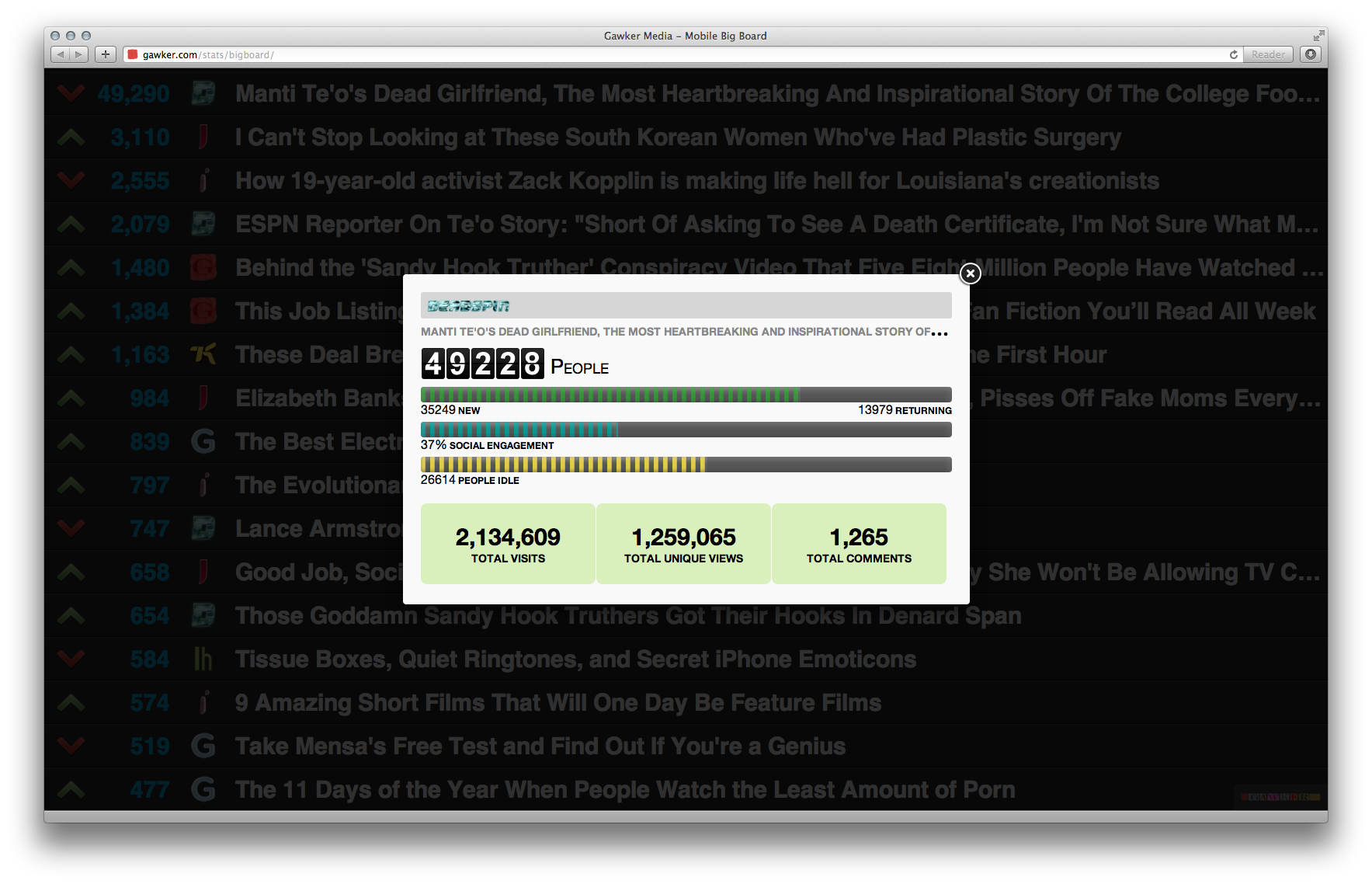
Besides going back on their debt ceiling promise (and wanting to raise taxes on poor families) House Republicans voted to end the American Community Survey, which isn’t part of the decennial census, but is a yearly survey which records supremely useful survey charting what exactly it is that we Americans do, ranging from where you work and how you get there to your family and relationships. This is wonderful data and everyone from researchers to the business community uses this data to help craft products and services for Americans.
But to House Republicans, it is EVIL:
The House voted Wednesday to eliminate the detailed surveys of America that have been conducted by the Census Bureau since the nation’s earliest days.
House Republicans, increasingly suspicious of the census generally, advanced a measure to cut the American Community Survey. It passed 232 to 190.
The survey is not part of the constitutionally mandated population count, but some version of it has been done by law as part of the decennial survey since the time of Thomas Jefferson to assess the needs of the nation. It’s generally considered a vital tool for business.
Republicans, acknowledging its usefulness, attacked the survey as an unconstitutional invasion of privacy, arguing that the government has no business knowing how many flush toilets someone has, for instance.
“It would seem that these questions hardly fit the scope of what was intended or required by the Constitution,” said Rep. Daniel Webster (R-Fla.), author of the amendment.
“This survey is inappropriate for taxpayer dollars,” Webster added. “It’s the definition of a breach of personal privacy. It’s the picture of what’s wrong in Washington, D.C. It’s unconstitutional.”
via House Votes To Cut Census Survey Done Since Thomas Jefferson.
Too bad that the data is anonymized and individual records are not shared with anyone, including federal agencies and law enforcement entities. By law, the Census Bureau cannot share respondents’ answers with anyone, – not the IRS, not the FBI, not the CIA, and not with any other government agency. Rep. Webster should please review the meaning of “unconstitutional” before using those big words.
Luckily this bill has no chance of passing in the Senate.
Update 12 May 2012
Via Atlantic Cities blog post, What Killing the American Community Survey Would Actually Mean comes this article from Census Director Groves entitled, A Future Without Key Social and Economic Statistics for the Country:
The ACS is our country’s only source of small area estimates on social and demographic characteristics. Manufacturers and service sector firms use ACS to identify the income, education, and occupational skills of local labor markets they serve. Retail businesses use ACS to understand the characteristics of the neighborhoods in which they locate their stores. Homebuilders and realtors understand the housing characteristics and the markets in their communities. Local communities use ACS to choose locations for new schools, hospitals, and fire stations. There is no substitute from the private sector for ACS small area estimates. Even if the funding problems were solved in the proposed budget, the House bill also bans enforcement of the mandatory nature of participation in the ACS; this alone would require at least $64 million more in funding to achieve the same precision of ACS estimates.
Not to mention that many government programs are by statute dependent on data derived from the ACS. Conservative Republicans often complain that government isn’t as efficient as the private sector (a point I don’t agree with after working with many Fortune 100 companies), so how might we make government more efficient? Their solution is to cut any customer reporting and steer the ship blind. Thus creating a self-fulfilling prophecy.
Madness.
Update 21 May 2012
In even more ACS news, the New York Times thinks Rep. Webster is heralding the The Beginning of the End of the Census:
“This is a program that intrudes on people’s lives, just like the Environmental Protection Agency or the bank regulators,” said Daniel Webster, a first-term Republican congressman from Florida who sponsored the relevant legislation.
“We’re spending $70 per person to fill this out. That’s just not cost effective,” he continued, “especially since in the end this is not a scientific survey. It’s a random survey.”
In fact, the randomness of the survey is precisely what makes the survey scientific, statistical experts say.
Each year the Census Bureau polls a representative, randomized sample of about three million American households about demographics, habits, languages spoken, occupation, housing and various other categories. The resulting numbers are released without identifying individuals, and offer current demographic portraits of even the country’s tiniest communities.
It is the largest (and only) data set of its kind and is used across the federal government in formulas that determine how much funding states and communities get for things like education and public health.
…
Other private companies and industry groups — including the United States Chamber of Commerce, the National Retail Federation and the National Association of Home Builders — are up in arms.
Target recently released a video explaining how it used these census data to determine where to locate new stores. Economic development organizations and other business groups say they use the numbers to figure out where potential workers are.



